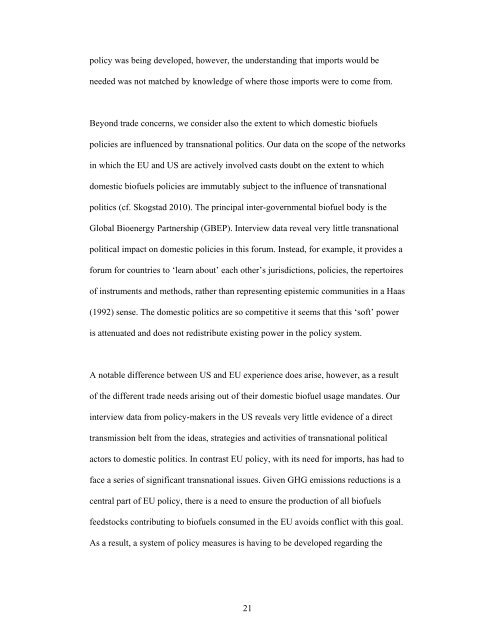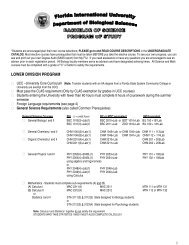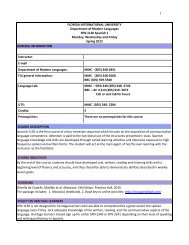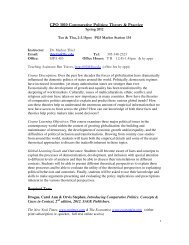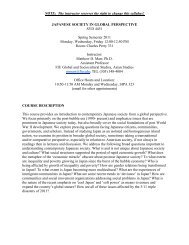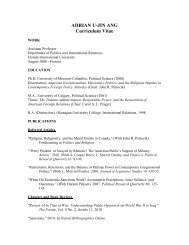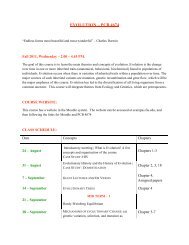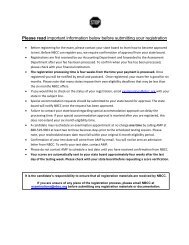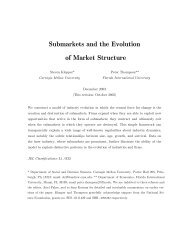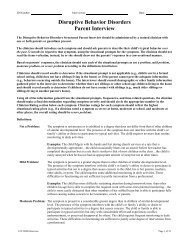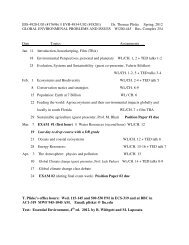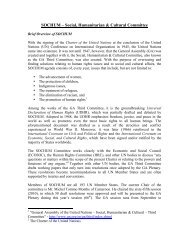Dr. Ackrill paper (*.pdf)
Dr. Ackrill paper (*.pdf)
Dr. Ackrill paper (*.pdf)
Create successful ePaper yourself
Turn your PDF publications into a flip-book with our unique Google optimized e-Paper software.
policy was being developed, however, the understanding that imports would be<br />
needed was not matched by knowledge of where those imports were to come from.<br />
Beyond trade concerns, we consider also the extent to which domestic biofuels<br />
policies are influenced by transnational politics. Our data on the scope of the networks<br />
in which the EU and US are actively involved casts doubt on the extent to which<br />
domestic biofuels policies are immutably subject to the influence of transnational<br />
politics (cf. Skogstad 2010). The principal inter-governmental biofuel body is the<br />
Global Bioenergy Partnership (GBEP). Interview data reveal very little transnational<br />
political impact on domestic policies in this forum. Instead, for example, it provides a<br />
forum for countries to ‘learn about’ each other’s jurisdictions, policies, the repertoires<br />
of instruments and methods, rather than representing epistemic communities in a Haas<br />
(1992) sense. The domestic politics are so competitive it seems that this ‘soft’ power<br />
is attenuated and does not redistribute existing power in the policy system.<br />
A notable difference between US and EU experience does arise, however, as a result<br />
of the different trade needs arising out of their domestic biofuel usage mandates. Our<br />
interview data from policy-makers in the US reveals very little evidence of a direct<br />
transmission belt from the ideas, strategies and activities of transnational political<br />
actors to domestic politics. In contrast EU policy, with its need for imports, has had to<br />
face a series of significant transnational issues. Given GHG emissions reductions is a<br />
central part of EU policy, there is a need to ensure the production of all biofuels<br />
feedstocks contributing to biofuels consumed in the EU avoids conflict with this goal.<br />
As a result, a system of policy measures is having to be developed regarding the<br />
21


